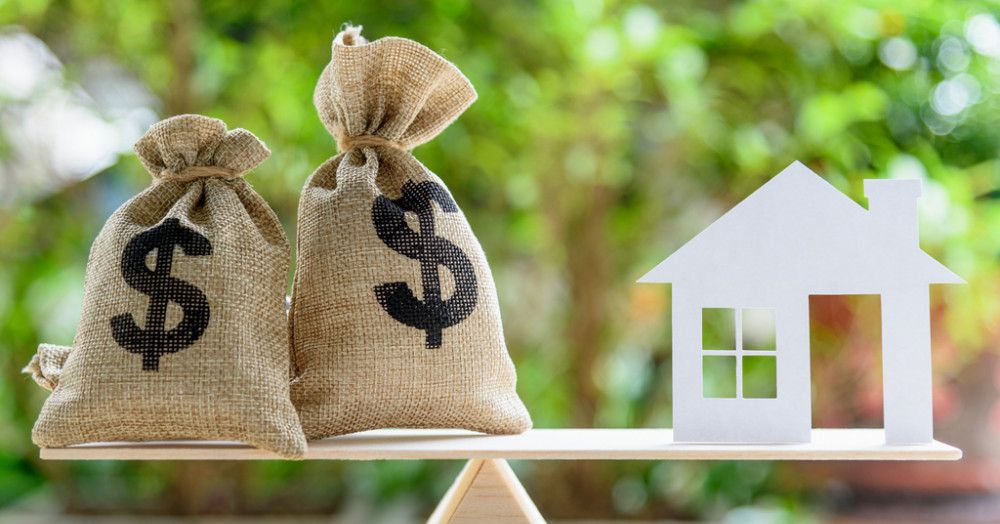
3 ways to build your equity once you’ve bought your home
It brings dreams, shelter, social status and furthermore savings. It may also pave the way to better neighbourhood and schools. A Home is undoubtedly a lot more than just an investment, but the importance of maximising ownership in your home can’t be denied as well.
Home equity is the current value of your house minus any sum that you still owe on your mortgage. Home equity can help you in future renovations, buying a bigger house and execute your retirement plans, so you certainly want it to be as large as possible. If you fail to plan on a long term basis, you can miss out on the opportunity that your home equity provides you. Home equity is something that is expected to grow over time, but some active steps can speed up the process. Here’s a look at why 3 ways to build your equity once you’ve bought your home.
Focus on Paying Off Your Mortgage
The mortgage is the only thing between you and full ownership of your home. You contribute to both the principal amount and the interest with every monthly payment. The principal is added to your home equity and the rest goes towards paying out the interest, taxes and insurances. The aim here is to invest in your principal as much as you can, which will increase your home equity and net worth. This idea may not seem feasible but the payoff is worth it.
Renovate and Remodel Your Home
Several factors appreciate the equity of your home. You don’t have control over factors such as supply and demand, growth of your neighbourhood and others, but you can increase your home’s market value by making certain improvements and regular maintenance.
You can also add an extra bedroom or a study room, renovate the old kitchen and interiors or add a master bathroom. Investment in landscaping and maintenance activities such as cleaning out sewers, small repairs, replacing filters at regular intervals will keep the value of your house from degrading.
Get a 15 Year Mortgage
This will help you in paying off your mortgage quickly and will save a lot of money on interest payments. Generally, the interest rate on a 15-year mortgage is lower than the interest rate on a 30-year mortgage.
How to Use Home Equity
It is an important financial instrument and one of the perks of owning a home. You can use this equity to move up to a bigger and more expensive home. It can also be used to carry out major improvements, investments, pay off other debts and can assist you in planning for your retirement.
A lot can be gained from making efforts to quickly build equity in your home. Dedicating more money towards it might seem useless, but it’s going to yield results in the future. It’s better to start early or starting late than never starting at all. Think and invest.